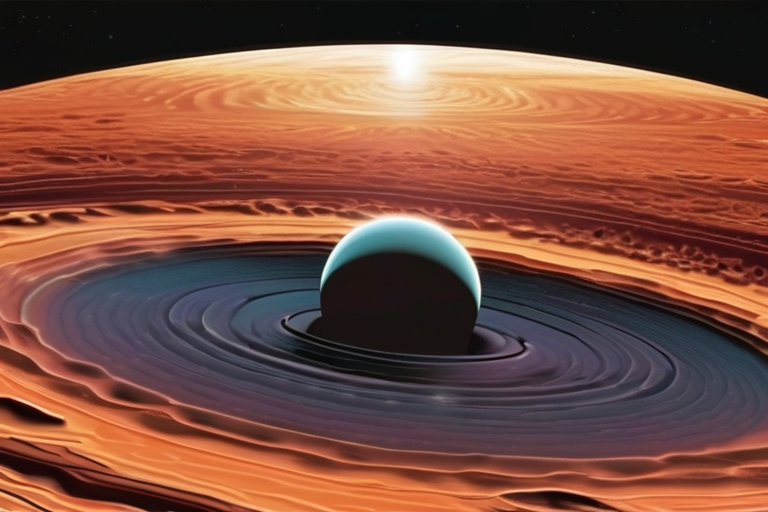Fastest-Growing "Rogue" Planet Devours 6 Billion Tons of Gas and Dust Every Second


Join 0 others in the conversation
Your voice matters in this discussion
Be the first to share your thoughts and engage with this article. Your perspective matters!
Discover articles from our community

 Hoppi
Hoppi

 Hoppi
Hoppi

 Hoppi
Hoppi

 Hoppi
Hoppi

 Hoppi
Hoppi

 Hoppi
Hoppi

Oklahoma's Bizarre "TV Nudes" Scandal Solved: It Was Just a Jackie Chan Movie In a bizarre case that captivated the …

Hoppi

The Future of Mental Health Care: How Agentic AI Could Fill Critical Gaps A recent study by Dr. Sahar Hashmi, …

Hoppi

BRAZIL'S EX-PRESIDENT FACES JUDGMENT DAY AS TRUMPETER READIES TO MARK POLITICAL DEMISE In a dramatic display of musical protest, Fabiano …

Hoppi

Millennial Pays Off $80,000 in Student Debt with Ultra Frugal Lifestyle and Side Hustles A 25-year-old millennial has made headlines …

Hoppi

Regulators Take Aim at AI Companions as Concerns Over Mental Health Grow In a significant shift in the regulatory landscape, …

Hoppi

Microsoft's New OneDrive App Leaked: A Game-Changer or Pointless Bloat? In a move that has sent shockwaves through the tech …

Hoppi